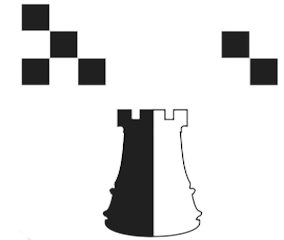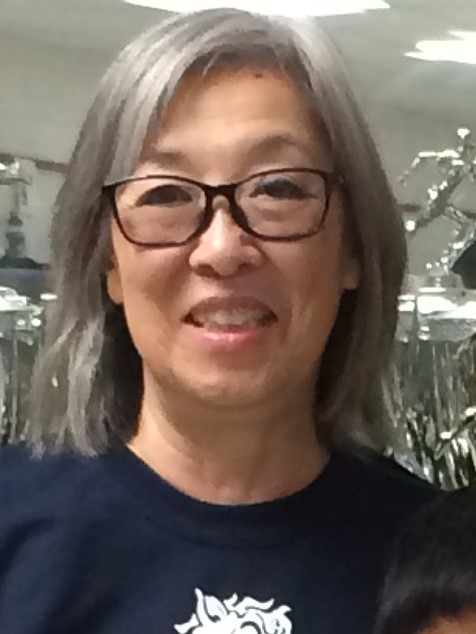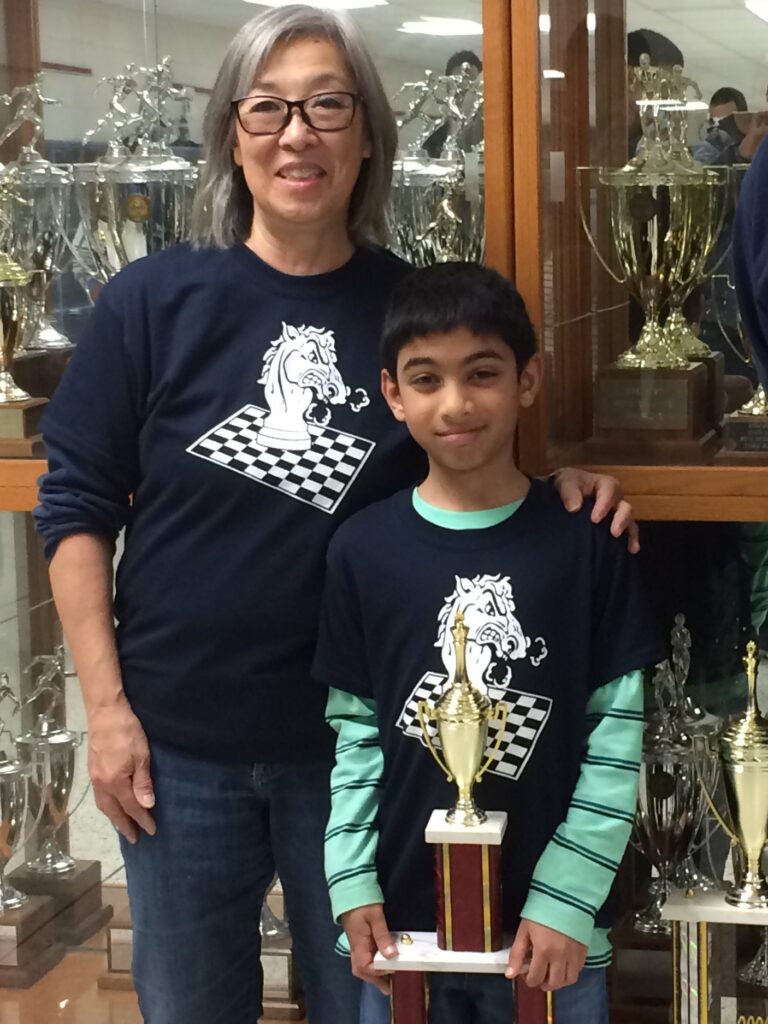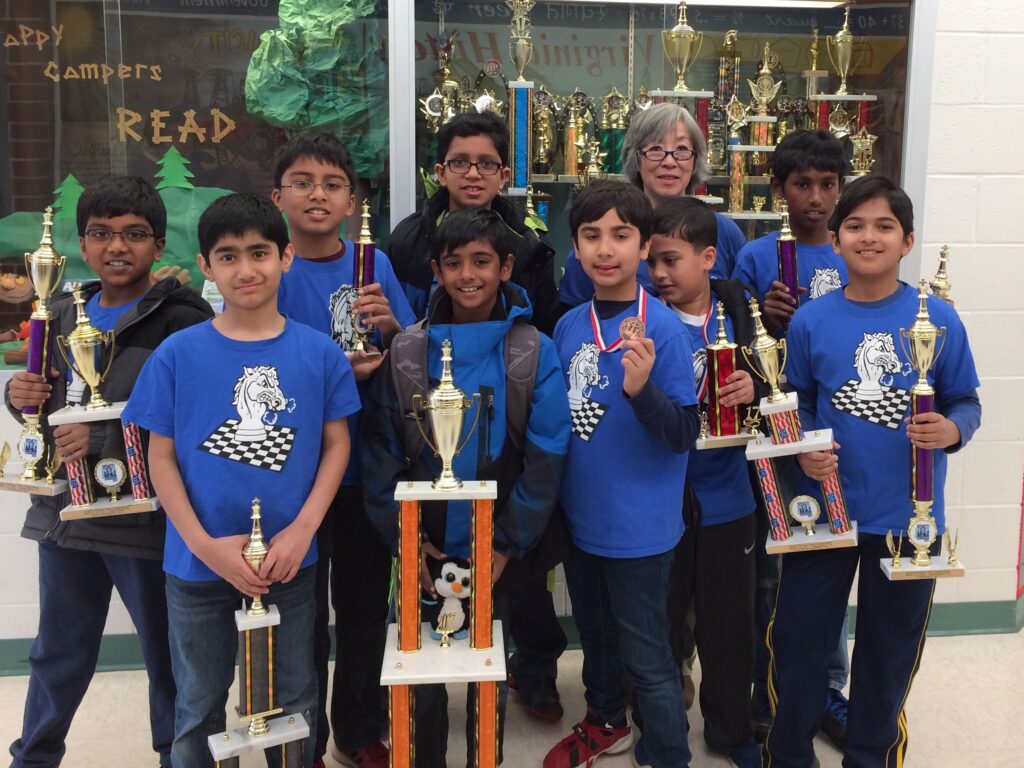Chess as a “Senior”
“Competitive chess is for the young,” a chess master once told me. Looking at the top players in the world, one might suspect this to be true. Carlsen, Liren, Nepomniachtchi, So, Caruana are all in their 30s and of course have been playing chess for many years. I began playing competitive chess at an “advanced age” (over 45) and wondered if this statement might have some validity to it. I decided to speak to several “senior” players and get their takes on this theory.
Most older players relayed to me that they felt there were two areas where younger players had an advantage. They included memory and processing speed. From a personal standpoint, I might agree that memory does seem to diminish as we get older; however, it is not necessarily a given. With enough repetition and practice, older players can improve their ability to remember openings, strategies, etc. In terms of processing speed i.e. the ability to make and spot a strong move more quickly, this could be dependent on the amount of time a player has to practice and study and how long they have been playing. (For the most part my experience with younger players has been that they tend to move very quickly, but often their move is not the optimal one.)
As we age, it is a known fact that our brains shrink and learning new skills may take more time; however, it is also a known fact that older adults can still learn new information and should do so in order to keep their brains healthy. This concept is called neuroplasticity or the forming of new neural pathways.
Dr. Sanjay Gupta, a well-known neurosurgeon, medical writer and journalist says in his book Keep Sharp: Build a Better Brain at Any Age that reasoning and problem solving are “key to building cognitive reserve” (brain resiliency). He goes on to say that the greater one’s “cognitive reserve”, the more likely we are to “stave off the degenerative brain changes” associated with many of the common brain diseases including dementia.
Even though we may not have any illusions about becoming chess masters, playing competitive chess can be a wonderfully challenging brain building activity. At the very least it is definitely a cognitively stimulating activity that I am sure Dr. Gupta would approve of. I would encourage anyone, including seniors, to give it a try. After all, who knows for sure what the long-term benefits may be!



